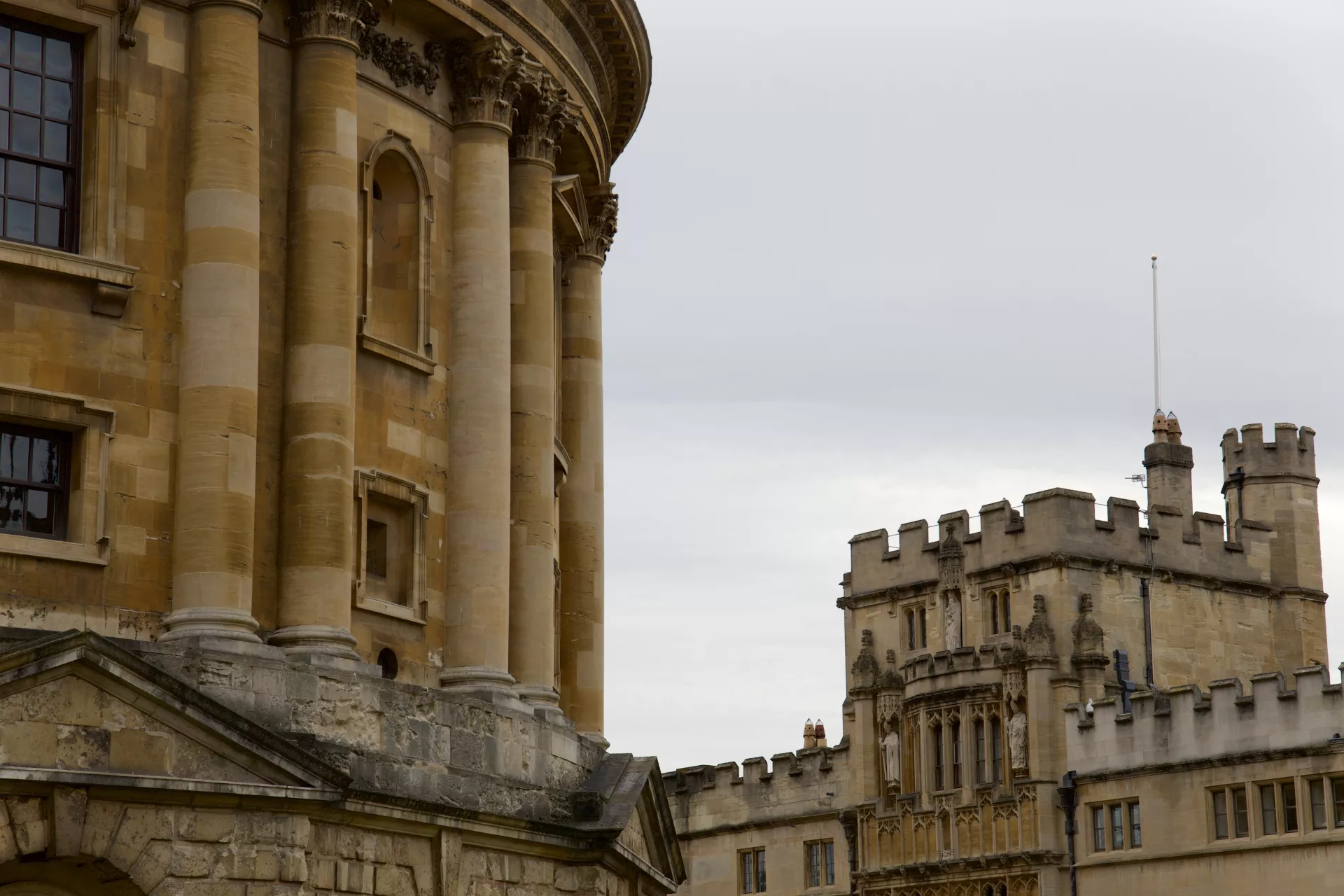Geoffrey Hinton CC, FRS, FRSC, a Canadian-British computer scientist and cognitive psychologist known as the “Godfather of AI,” gave the annual Romanes lecture on 19 February. The lecture was titled “Will Digital Intelligence Replace Biological Intelligence?”
Hinton made headlines in May 2023 when he quit Google so he could speak freely about the risks of AI. In a New York Times interview at the time, he said he regretted how advanced AI had become and his role in that development. He began the Romanes lecture by declaring it would be a “genuine public lecture” that would explain the basics of AI, why he thinks it “understands,” and the dangers it presents.
Hinton, a career academic, led two substantial developments of AI, first in 1985 and later in 2012. This latter research allowed the development of Large Language Models (LLMs) such as ChatGPT. During his lecture, Hinton discussed both near-term and long-term risks posed by AI. According to him, short-term risks include deep fakes, substantial job losses, large-scale surveillance, and autonomous weapons. He noted that the United States is planning for half of its military to be ‘robot soldiers’ by 2030.
Still, for Hinton, the more serious risks are existential. According to him, “If a digital super-intelligence ever wanted to take control it is unlikely that we could stop it.” In particular, he warned that the ability for AI to create sub-goals for itself to increase its own efficiency would inevitably result in a rise in the power of AI.
In the past, Hinton said that the best hope against the risks AI poses is a combined effort by leading scientists to control the technology. He also believes that countries and companies should pause the development and promotion of AI until safety measures are agreed upon and implemented.
The University of Oxford has an important role in this endeavour through the work of the Institute for Ethics in AI and the Future of Humanity Institute.
It was also recently announced that the University will share in an £80 million investment to create one of 9 ‘hubs’ across the UK aimed to propel the country towards being a global centre for AI. The Oxford hub is set to explore fundamental questions about AI technology such as how it can be implemented safely and how to improve algorithmic efficiency. Alongside the Oxford Centre, there will be eight other hubs opening at universities including Edinburgh, UCL, Warwick and Bristol.
The Romanes Lecture is the official University annual public lecture. The speaker is invited by the Vice-Chancellor. The lecture was created in 1891, and the first lecture was given in 1892 by William Gladstone.



